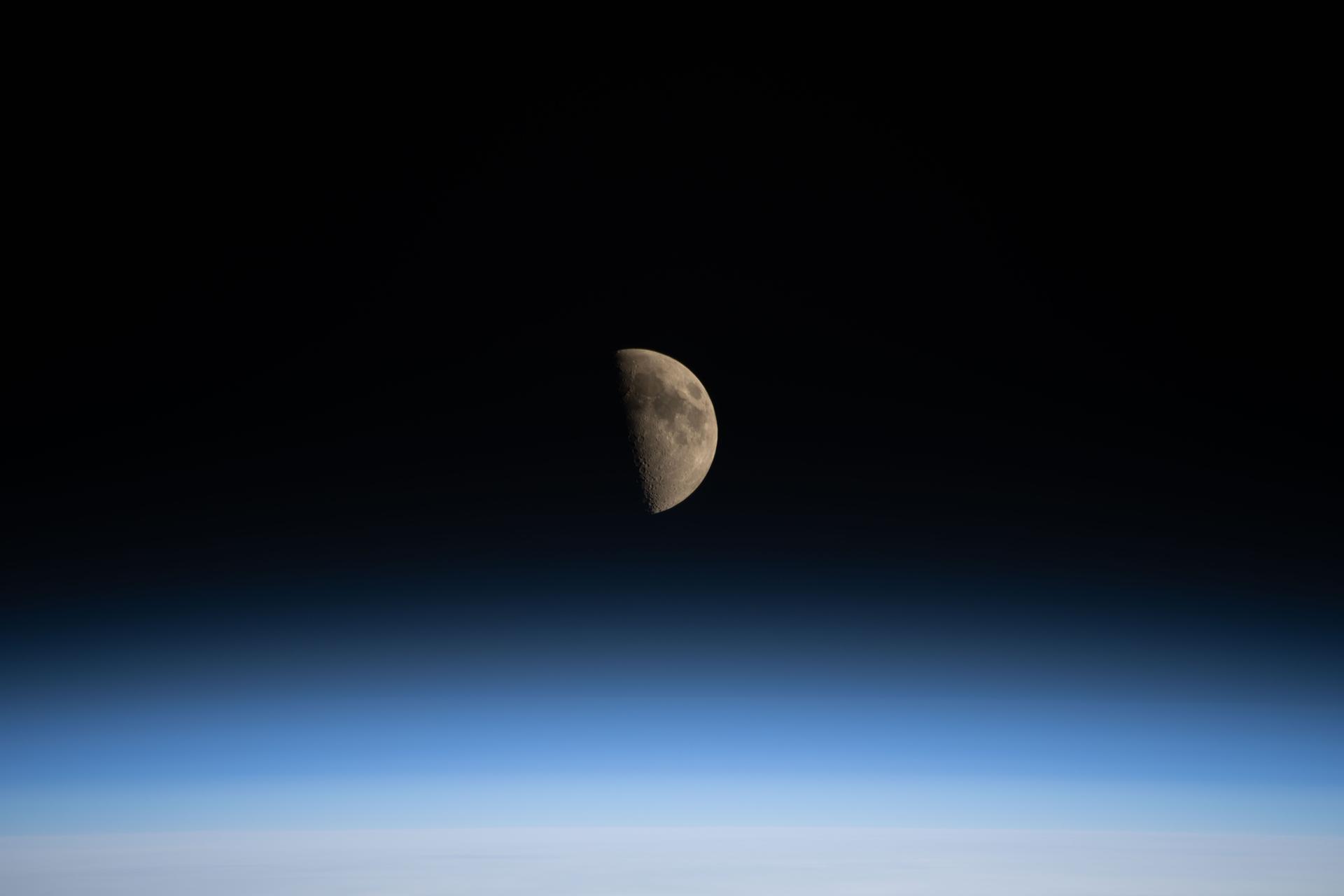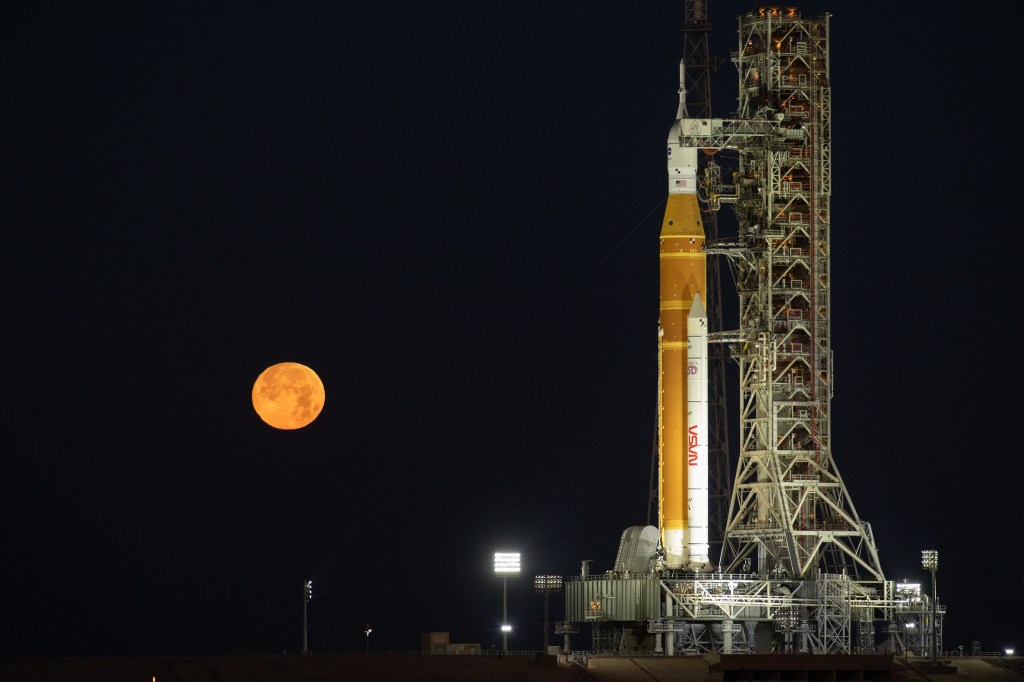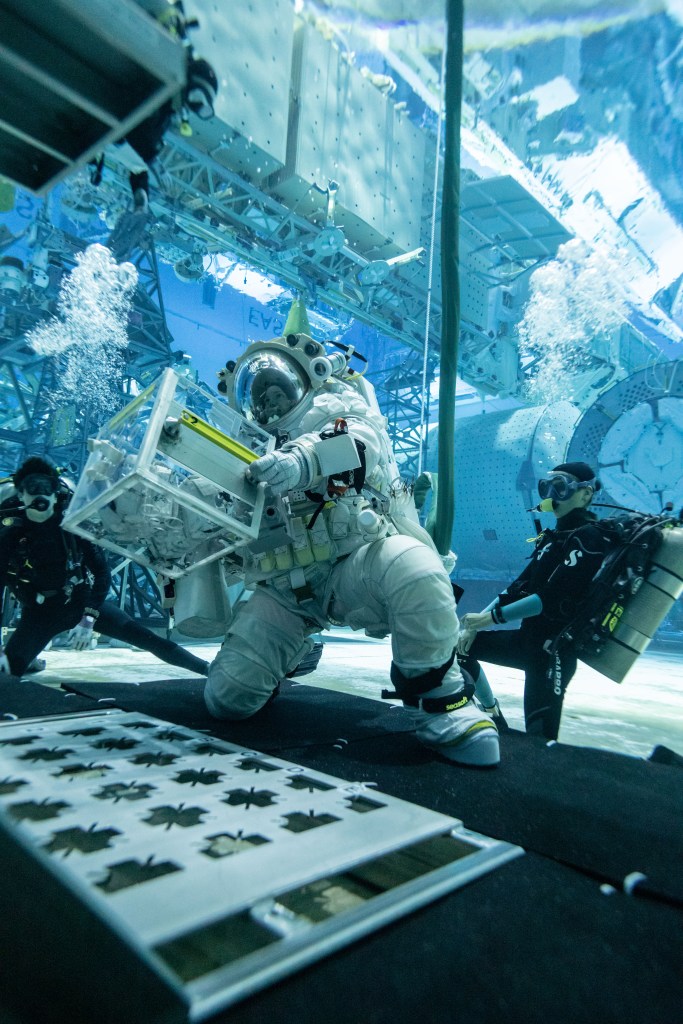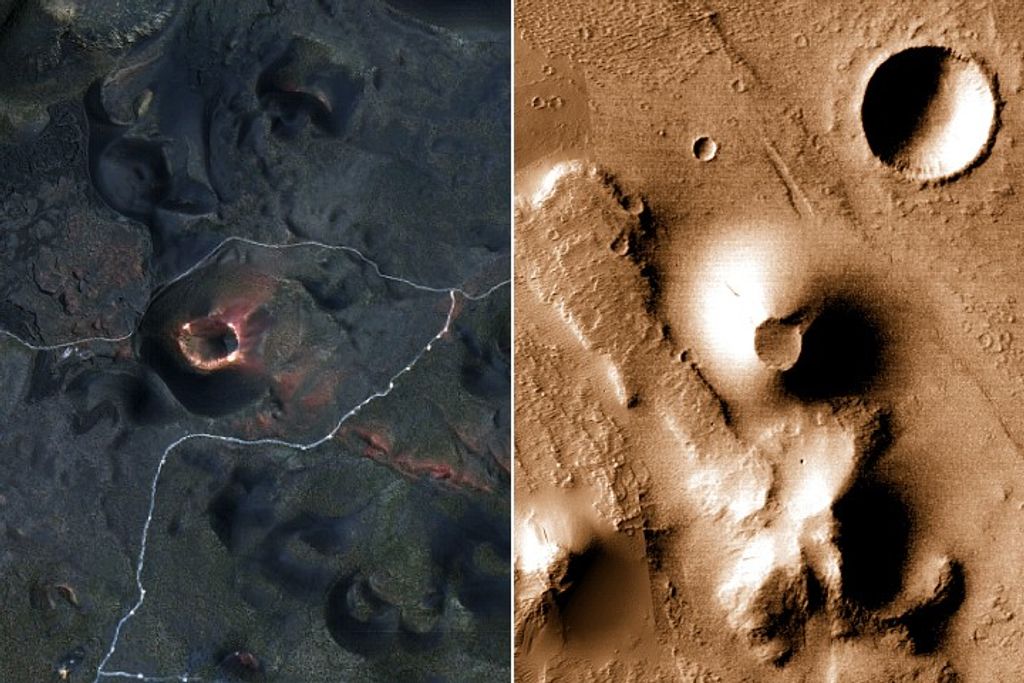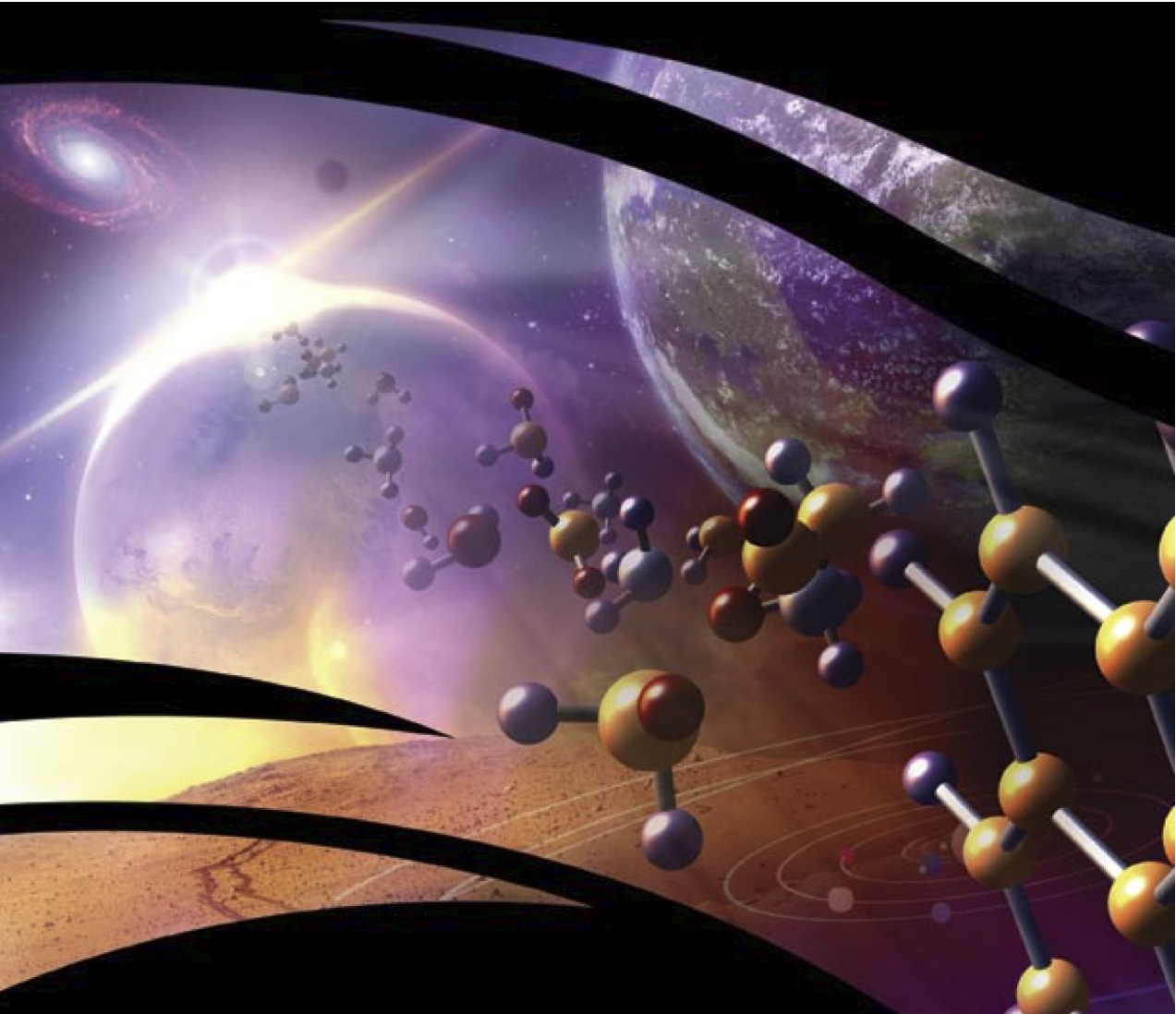NASA has awarded five-year grants, each approximately $8 million, to three research teams that will study the origins, evolution, distribution and future of life in the universe.
“With NASA’s Transiting Exoplanet Survey Satellite on its way to discover new worlds around our nearest stellar neighbors, Cassini’s discovery of the ingredients necessary for life in Enceladus’s plumes, and with Europa Clipper and Mars 2020 on the horizon, these research teams will provide the critical interdisciplinary expertise needed to help interpret data from these missions and future astrobiology-focused missions,” said NASA Chief Scientist Jim Green.
The interdisciplinary teams will become members of the NASA Astrobiology Institute (NAI), headquartered at the agency’s Ames Research Center in Silicon Valley, California.
The selected teams are:
Evolution of Nanomachines in Geospheres and Microbial Ancestors (ENIGMA)
Rutgers University
New Brunswick, New Jersey
Led by Professor Paul Falkowski, the ENIGMA team will investigate how proteins evolved to become the catalysts of life on Earth by looking at prebiotic molecules and enzymes that are ancestral and common across many types of microbes.
The Astrobiology Center for Isotopologue Research (ACIR)
Pennsylvania State University, University Park
ACIR, led by Professor Kate Freeman, will address how the features of elements within molecules reveal the origins and history of organic compounds, from compounds that arrived from planetary environments to those that were derived from metabolic systems, using cutting-edge observational and computational tools.
NASA’s Jet Propulsion Laboratory (JPL)
Pasadena, California
Dr. Rosaly Lopes will lead research at JPL focusing on Saturn’s largest moon, Titan, to address what habitable environments may exist on the moon and what potential signatures of life would be expected, using data from the Cassini-Huygens mission. These data cover a wide swath of the moon, from beneath its surface all the way up through its thick atmosphere.
“The intellectual scope of astrobiology is vast, from understanding how our planet became habitable and inhabited, to understanding how life has adapted to Earth’s harshest environments, to exploring other worlds with the most advanced technologies to search for signs of life,” said Mary Voytek, director of the Astrobiology Program at NASA Headquarters. “The new teams will complement our existing teams to cover breadth of astrobiology, and by coming together in the NAI, they will make the connections between disciplines and organizations that stimulate fundamental scientific advances.”
“We are delighted to welcome these three new NAI teams into the Institute family and look forward to the important work that they will accomplish over the time of their awards,” said NAI Director Penelope Boston. “Our existing teams are waiting to explore overlapping interests with the new project teams and the potential for even greater exchange of information, inspiration, and synergy.”
The NAI serves a vital role in advancing the goals of the NASA Astrobiology Program, with a focus on seeking the answers to these fundamental questions: How does life begin and evolve? Is there life beyond Earth and, if so, how can we detect it? What is the future of life on Earth and beyond?
For more information on the NASA Astrobiology Institute, visit:
-end-
Felicia Chou / JoAnna Wendel
Headquarters, Washington
202-358-0257 / 202-358-1003
felicia.chou@nasa.gov / joanna.r.wendel@nasa.gov
Darryl Waller
Ames Research Center, Silicon Valley, Calif.
650-604-2675
darryl.e.waller@nasa.gov

